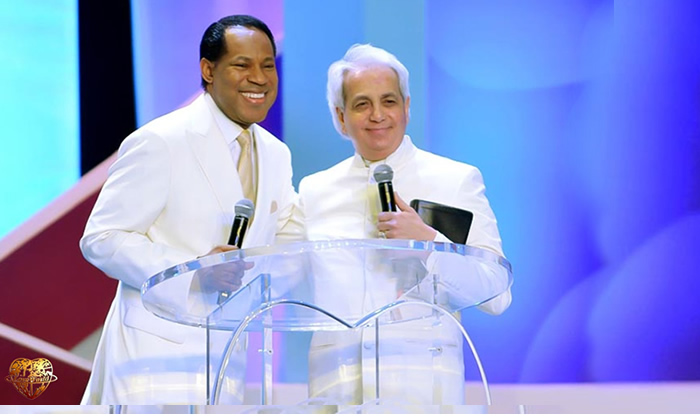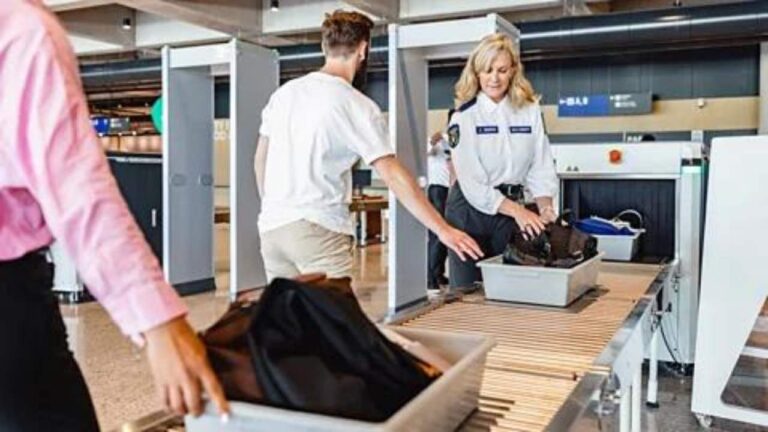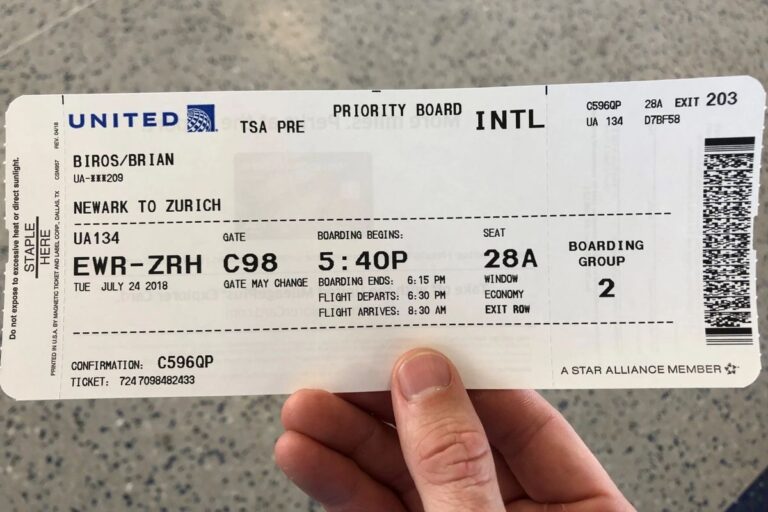Badu a kind-hearted traveler in-flight nightmare
There’s something about airplane travel that momentarily suspends our usual guardedness. Cramped together at 35,000 feet, strangers become temporary companions. We share armrests, exchange pleasantries, and even assist with luggage. It’s a fleeting community born of proximity and shared destination. But as Kofi Badu’s harrowing experience reminds us, this altitude-induced camaraderie can sometimes be a dangerous illusion.
Badu’s story, which has been circulating on social media, reads like a thriller. Our protagonist: a kind-hearted traveler. His foil: an elderly woman whose grandmotherly demeanor masks sinister intentions. The setting: a Dubai-bound flight, that liminal space where social norms blur and trust comes easier.
Initially, their interaction follows a familiar script. She needs help with her bag; he obliges. She strikes up a conversation; he engages. She’s “very pleasant and well-spoken,” he recalls. Who among us hasn’t had such an encounter, finding unexpected rapport with a seatmate? For hours, as their plane traces its arc across continents, they chat, their casual exchange a comforting backdrop to the journey.
Then, as the captain announces their descent into Dubai, the pleasant facade crumbles. The woman develops sudden stomach pains. Badu, still in his role as the Good Samaritan, summons a steward. It’s at this juncture that the first discordant note sounds—she begins calling him “my son.” For many travelers, especially those from cultures where such terms of endearment are common, this mightn’t raise alarms. But in retrospect, it’s the opening line of her desperate improvisation.
Enter another character: a fellow passenger, an unsung hero. Having helped with the woman’s luggage earlier, he now issues a cryptic but crucial warning. “Distance yourself from this lady,” he advises Badu, urging him to make it clear to the crew they’re not traveling together. In the unfolding drama, this man emerges as Badu’s guardian angel, his insight proving invaluable.
As they land, the plot reaches its climax. The elderly woman, her kindly persona now in tatters, attempts a frantic escape. Airport police, faster and wiser to such theatrics, intercept her. Then comes her most audacious performance—handcuffed, she calls out to Badu: “My son, how could you do this to me?” In this twisted scene, she tries to cast him not just as a fellow traveler but as a co-conspirator in her drug-trafficking scheme.
Badu’s ordeal illuminates the dark underbelly of international travel. Drug mules, facing stringent security measures, are resorting to more elaborate deceptions. They don’t just hide contraband in luggage; they weave intricate narratives, exploiting human kindness to shield their criminal activities. An offer to help with a bag, a shared joke about in-flight food—these mundane courtesies become tools for entrapment.
But Badu’s story also spotlights the power of community, even among strangers. His nameless benefactor, by speaking up, shatters the trafficker’s plot. This intervention underscores a vital lesson: in our hyper-connected yet often isolated world, looking out for one another isn’t just nice—it can be a lifeline.
The experience has rewritten Badu’s in-flight etiquette. No more helping with luggage, not even offering a trolley. If someone can’t reach the overhead bin, he’ll stare blankly and look away, directing them to the cabin crew. Some might see this as harsh, a retreat from basic civility. But in today’s complex world, where kindness can be weaponized, Badu’s caution is understandable.
His new policy, however, raises poignant questions. In guarding against exploitation, do we risk losing something precious—those spontaneous acts of kindness that affirm our shared humanity? Is there a way to remain open-hearted while staying alert? Can we find a balance that preserves both our safety and our capacity for connection?
Badu a kind-hearted traveler in-flight nightmare serves as a modern parable. It warns us about the darkness that can lurk behind friendly facades. Yet, it also celebrates the light—those moments when strangers become allies, when a timely word can avert disaster. As we navigate our increasingly complex social landscapes, whether at 35,000 feet or on solid ground, perhaps the wisdom lies in being neither naively trusting nor coldly detached, but wisely discerning.
#InFlightDeception #TravelSafety #HumanKindness #DrugTraffickingTactics #StrangerDanger #AirplaneSolidarity #ModernParables #DiscerningTrust #GlobalConnections #TravelWisdom
Also read AUDIO EXCURSION AND TOURS
How I escaped being implicated for drugs by chatty seatmate – Flight passenger








